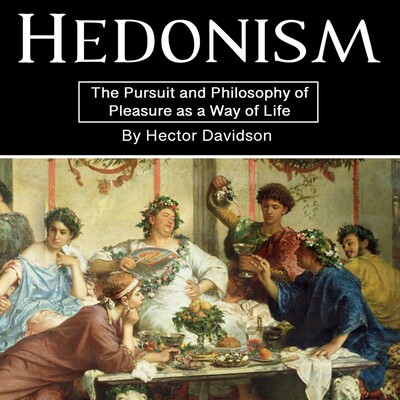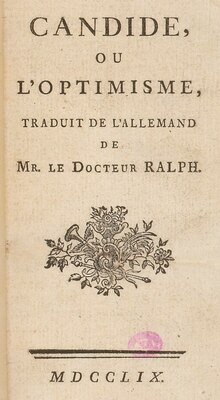I think I can see it now.
Hedonism is more "moderate" than most assume.
In most (i.e. Abrahamic) religions, you have all these "sins", where, allegedly, society can't engage in them because they'll corrupt or destroy it.
Yet, in times of war, there are no inhibitions on "sin" anymore. People go out and rob, rape, murder etc... at will. One of the great ironies about the "Crusades" was that many "Knights" went on them to remove their "sins" from previous wars in Europe. It was a "cleansing" (both internal and external) operation.
So, that begs the question.
Which society is more moderate?
The one that aknowledges pleasure and does not seek to restrict it (or at least, to restrict it only when it leads to physical or psychological harm to others - i.e. when there is no consent) or the one which represses pleasure until it explodes during war leading to things like the destruction and looting of cities and ancient artifacts, mass-murder, mass-rape, sex-slaves etc...?
https://en.wikipedia.org/wiki/Candide
"Voltaire believed everyone had the right to liberty and hedonism. He believed people had the right to question everything to find truth. This made him an advocate for the freedom to question societal practices."
"Voltaire fought for free will. He believed free will was enabled through one's freedom of liberty, hedonism, empirical science, and skepticism."
https://newdirection.online/2018-publications-pdf/ND-Report-ConsFreeMarket-preview%28low-res%29.pdf
"...the French Revolution, leading to terror and then to Napoleon’s military coup and war in Europe, scarcely can be considered a success..."


